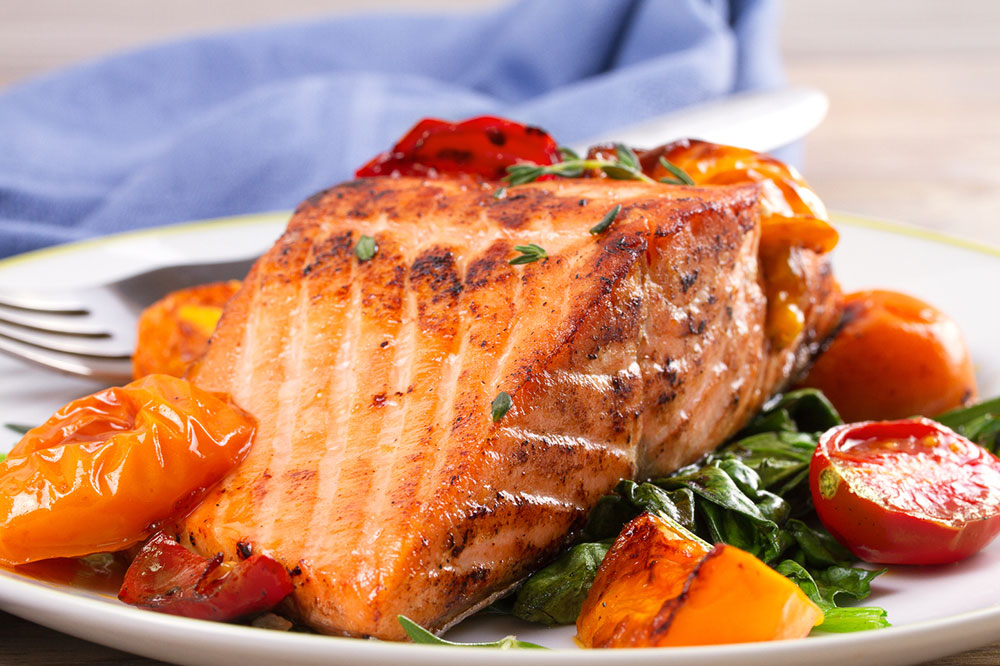
Simple Dietary Tips for Managing Ulcerative Colitis
Ulcerative colitis is one of the main types of inflammatory bowel diseases (IBD) that affects the colon and rectum. A person suffering from the condition may experience frequent bouts of abdominal pain and discomforts coupled with fatigue, nausea, diarrhea, and rectal bleeding. It is, however, possible to manage the condition and reduce the distress by making simple changes in one’s diet. Check out these simple dietary tips for managing ulcerative colitis.
Plan the diet
It is not enough that one simply eats healthy foods. A diet plan is essential for managing ulcerative colitis and it all starts by portioning out your meals throughout the day. For example, instead of having one or two big meals, one can spread out their nutrition intake by having six or more smaller meals. For colitis, it is essential to include more foods rich in iron, calcium, magnesium, potassium, and essential folates.
Simple preparation
It is a good idea to pre cut and prepare most of the ingredients for the day to effectively manage time. Nutritionists also recommend using simple cooking techniques like boiling, poaching, steaming, or grilling, depending on the type of protein or carbohydrate (no complex carbs). Fresh produce and meats cooked in a simple manner and served hot help in managing ulcerative colitis discomforts to a great extent. Maintain a food journal to plan the meals in advance and purchase fresh ingredients accordingly. Also, keeping track of meals also helps one avoid foods that can result in flare ups.
Best foods for the diet
Low-fiber fruits, lean proteins, refined grains, non-cruciferous vegetables, and certain oral supplements for improving gut health are foods that must form part of a colitis-friendly diet. Bananas, cantaloupes, and honey dew melon among raw fruits are fine but it is advisable to opt for cooked fruits, especially after surgery for treating the condition. Fish, lean pork, white meats like chicken or turkey, and eggs are acceptable choices of proteins and omega fats. Squash, cucumbers, and potatoes are among great non-cruciferous choices for all types of gut-friendly diets. And based on the diet one follows, it is possible to incorporate certain oral dietary supplements and probiotics only after consulting with a nutritionist.
Staying hydrated
Hydration is key when it comes to managing ulcerative colitis. One of the major symptoms of the condition is diarrhea, and the body loses a lot of water due to this. Adults must drink at least 8-10 glasses of water daily. One can even substitute water at intervals with fresh fruit and vegetable juices, soup broths, or even use rehydration solutions to meet the minimum requirements.
Foods and beverages to avoid
Raw uncooked meats, fruits, and veggies, caffeine and caffeinated beverages, certain dairy products (especially for people who are lactose intolerant), high-fiber food, alcohol, assorted nuts, and foods that contain preservatives must be eliminated from the diet. Most of these foods and beverages can result in a range of abdominal discomforts.


